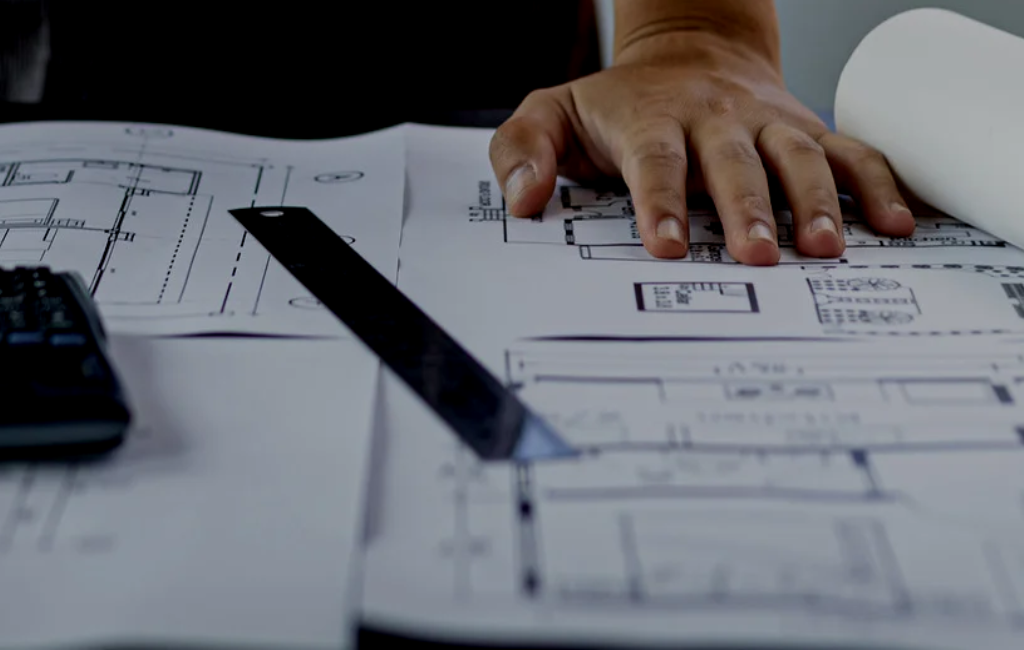Architect: Essential Skills
Architecture is a dynamic field that blends creativity, technical knowledge, and an understanding of human behavior. Modern architects must possess a diverse set of skills to navigate the complexities of contemporary design and construction. This article explores the key competencies that are indispensable for success in today’s architectural profession.
Technical Proficiency
Technical skills form the backbone of an architect’s expertise. Mastery of architectural software, understanding building codes, and knowledge of construction materials are fundamental.
- Software Proficiency: Familiarity with tools like AutoCAD, Revit, and SketchUp is essential. These programs facilitate the creation of detailed plans and 3D models.
- Building Codes: An in-depth understanding of local and international building codes ensures that designs are compliant with safety and regulatory standards.
- Material Knowledge: Knowing the properties and applications of various construction materials helps in making informed design choices.
Creative Vision
Creativity is at the heart of architecture. The ability to envision innovative designs that are both functional and aesthetically pleasing sets great architects apart.
- Conceptual Thinking: The capacity to develop unique concepts that address client needs and site conditions is crucial.
- Artistic Skills: Drawing and sketching abilities aid in the initial stages of design, allowing architects to communicate their ideas effectively.
- Problem-Solving: Creative problem-solving skills enable architects to overcome design challenges and constraints.
Project Management
Managing architectural projects requires a blend of organizational skills, time management, and leadership. Successful architects are adept at coordinating various aspects of a project from inception to completion.
- Time Management: Efficiently managing time ensures that projects are completed within deadlines.
- Budgeting: Keeping projects within budget is critical for client satisfaction and financial viability.
- Team Leadership: Leading a team of designers, engineers, and contractors requires strong leadership and communication skills.
Environmental Awareness
Sustainability is a growing concern in architecture. Modern architects must be knowledgeable about eco-friendly practices and materials to create sustainable designs.
- Green Building Practices: Understanding sustainable building techniques and materials helps in reducing the environmental impact of construction.
- Energy Efficiency: Designing buildings that minimize energy consumption is a key aspect of sustainable architecture.
- LEED Certification: Familiarity with LEED (Leadership in Energy and Environmental Design) standards can enhance an architect’s credentials and project appeal.
Communication Skills
Effective communication is vital for architects. They must convey their ideas clearly to clients, team members, and stakeholders.
- Client Interaction: Building strong relationships with clients through clear and empathetic communication is essential for understanding their needs and expectations.
- Team Collaboration: Working collaboratively with a diverse team requires excellent interpersonal skills.
- Presentation Skills: The ability to present ideas and designs persuasively can significantly impact project approval and success.
Adaptability
The architectural field is constantly evolving. Architects must be adaptable to new technologies, trends, and client demands.
- Continuous Learning: Staying updated with the latest industry developments and technologies is crucial for maintaining relevance.
- Flexibility: Being open to changes and willing to adjust designs based on feedback and new information is important for project success.
- Innovation: Embracing new ideas and approaches can lead to groundbreaking designs and solutions.
Case Studies
Examining successful architectural projects can provide valuable insights into the application of these skills.
- The Shard, London: Renzo Piano’s design for The Shard demonstrates technical proficiency, creative vision, and environmental awareness. The building’s innovative design and sustainable features have made it an iconic landmark.
- Fallingwater, Pennsylvania: Frank Lloyd Wright’s Fallingwater is a testament to creative vision and environmental awareness. The house’s integration with its natural surroundings showcases Wright’s innovative approach to design.
- Burj Khalifa, Dubai: The Burj Khalifa, designed by Adrian Smith, exemplifies project management and technical proficiency. The skyscraper’s construction required meticulous planning and coordination.
Conclusion
Modern architects must possess a diverse skill set to thrive in the ever-evolving field of architecture. Technical proficiency, creative vision, project management, environmental awareness, communication skills, and adaptability are all indispensable. By mastering these competencies, architects can create innovative, sustainable, and impactful designs that shape the built environment for future generations.






